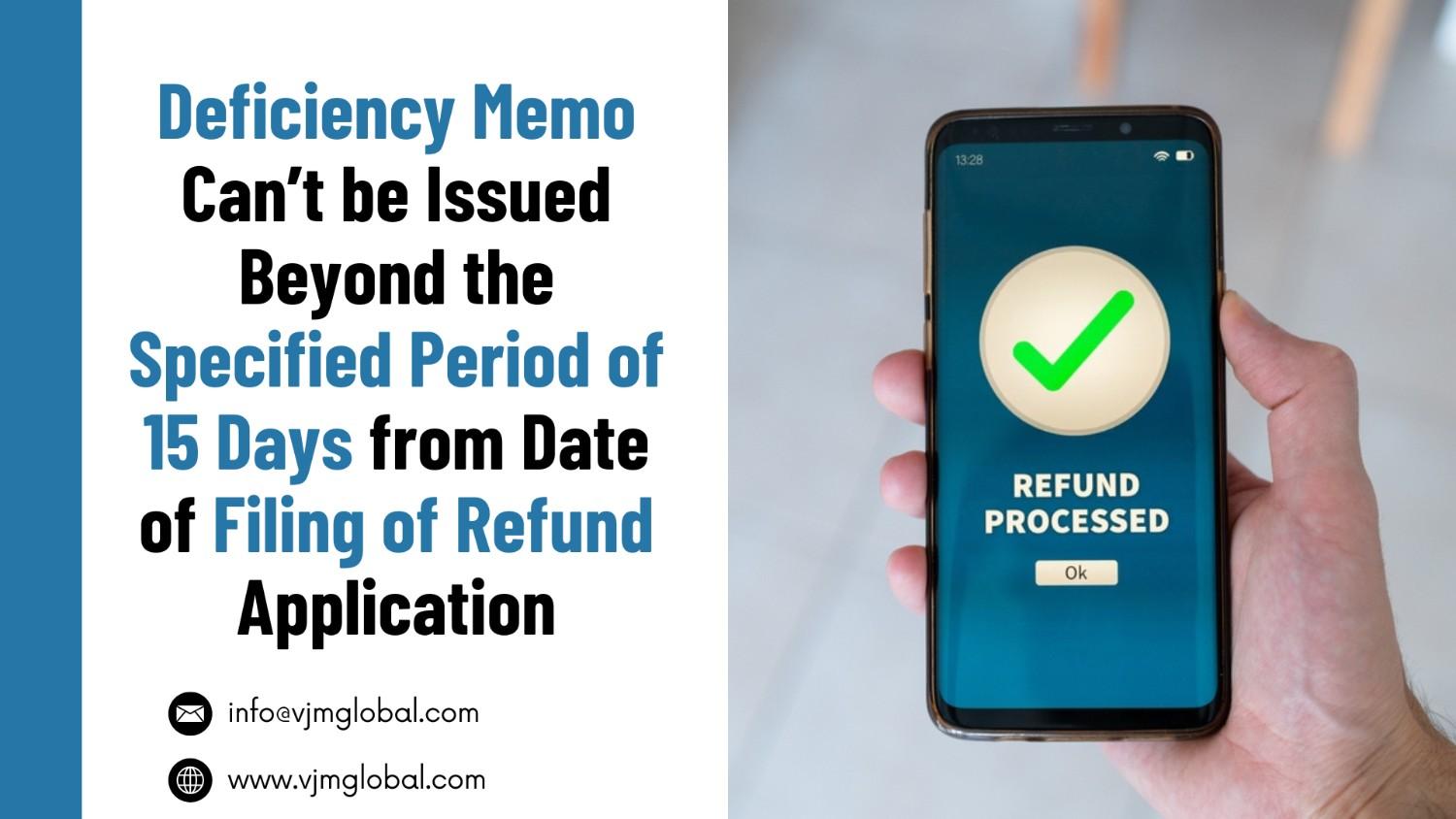Considering the delayed in release of Income Tax Return utilities and Income Tax Department has not still started accepting Income Tax return, The Central Board of Direct Taxes (CBDT) has announced a significant relief for taxpayers by extending the due date for filing Income Tax Returns (ITR) for the Assessment Year 2025-26 (FY 2024-25) from July 31, 2025 to September 15, 2025.
This extension applies to non-audit taxpayers, including individuals, Hindu Undivided Families (HUFs), and Partnership firms not subject to tax audits. The decision, announced on May 27, 2025, aims to address challenges posed by significant revisions in ITR forms, system development needs, and delays in Tax Deducted at Source (TDS) credit reflections.
1. Why is the due date extended to file ITR?
As per press release issued by Ministry of Finance on 27th May, 2025, The CBDT extended the deadline due to following reasons:
- Extensive Changes in New ITR Forms : The ITRs forms notified for AY 2025-26 have undergone structural and content revisions to make the same more simpler, enhancing transparency, and enabling accurate reporting. However, These updates require extra time to prepare the e-filing system.
- System Delays : Further, These changes required additional time for system development, integration, and testing of the corresponding utilities.
- TDS Credit Issues : Last date of filing of TDS return for January to March, 2025 period is 31st May, 2025. Accordingly, the entire TDS Credit shall start reflecting in Form 26AS from early June. Accordingly, the taxpayer shall have limited window for filing of ITR.
This gives taxpayers an extra 45 days to file their returns accurately.
2. Who Benefits from the Extension?
The due date filing of Income Tax Return is extended for the following taxpayer who are required to file their ITR by 31st July, 2025:
- Salaried Individuals : Employees with income from salaries, one house property, other sources (e.g., interest), and agricultural income up to ₹5,000 can file using simpler forms like ITR-1 (Sahaj) or ITR-4 (Sugam).
- Hindu Undivided Families (HUFs) : HUFs with total annual income up to ₹50 lakh and no business or professional income.
- Small and Medium Businesses : Firms and individuals under the presumptive taxation scheme (Sections 44AD and 44ADA) with income up to ₹50 lakh, not requiring an audit.
- Other Non-Audit Taxpayers : Individuals and entities with income from capital gains or other sources, provided their accounts are not required to be audited.
However, taxpayers subject to tax audits (e.g., businesses with turnover exceeding ₹1 crore or professionals with receipts above ₹50 lakh) or those required to furnish reports under Section 92E (for international or specified domestic transactions) have separate deadlines, typically October 31, 2025, or November 30, 2025, respectively, unless further extended.
3. Key Deadlines and Penalties
While the extension provides relief, taxpayers must remain aware of other related deadlines and consequences of non-compliance:
- Belated Returns : If taxpayers miss the September 15, 2025, deadline, they can file a belated return by December 31, 2025. However, this incurs penalties under Section 234F:
- ₹5,000 if your income is above ₹5 lakh.
- ₹1,000 if your income is below ₹5 lakh.
- Plus, monthly interest on unpaid tax.
- Revised Returns : Taxpayers can revise their ITRs by December 31, 2025, to correct errors or omissions without penalties, provided the original return was filed by the due date.
- Updated Returns : For those who miss both the original and belated deadlines, an updated return can be filed until March 31, 2029 (extended from 2 to 4 years as per Budget 2025), but this is subject to additional tax and restrictions on claiming deductions.
Missing the deadline may also mean you can’t carry forward losses (e.g., from investments) or choose the old tax regime.
4. Implications for Taxpayers
The extension offers several advantages:
- More Time for Compliance : Taxpayers can thoroughly review their financial records, reconcile TDS credits, and ensure accurate reporting, reducing the risk of errors or penalties.
Improved Compliance : The extended window encourages timely and accurate filings, aligning with the CBDT’s goal of enhancing tax compliance.













